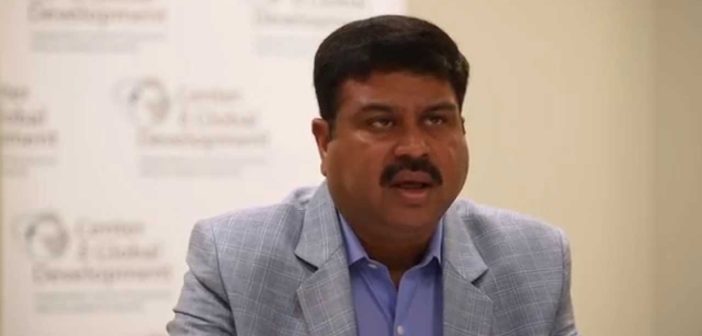(T.H)
The booming education technology sector, which has benefited from the disruptions in traditional education during the pandemic, is likely to face regulation soon, with ongoing discussions among Central Ministries to frame a common policy, according to Education Minister Dharmendra Pradhan.
Speaking at a virtual event on Monday to distribute coupons worth ₹253 crore for over 12 lakh socially and economically disadvantaged students to get free access to EdTech courses, Mr. Pradhan said, “There is no place for exploitation or monopoly” in the sector.
“We have heard reports that some education technology companies are exploiting students with loans for fee-based courses. If someone wants to subscribe for these out of their own free will, there is no problem. But students should not be lured to take loans by false promises from them,” said Mr. Pradhan, noting that advisories had been issued late last month by the school and higher education as well as skill development departments. “We are also having discussions with MeitY [Ministry of Electronics and Information Technology] and Law Department on how to come up with a common policy,” he said.
According to a September 2021 report from the Centre for Budget and Governance Accountability, there are more than 4,530 EdTech companies of which 435 have come about in the past two years. Industry leaders such as Byju’s and Unacademy have raised capital worth $2.32 billion and $354 million respectively in the year of the pandemic alone. However, the burgeoning field of start-ups has faced little regulation by the government, similar to the brick and mortar tuition and coaching services which they are slowly taking over.
“The government of India does not want to place restrictions but we are firm on certain things,” said Mr. Pradhan, noting that India offered a potential market of 500 million digital education students, including skill development and adult learners.
“We offer a large market and all are welcome to reach out to Indian students but there cannot be a monopoly. We have a welfare model. [The companies] can come and do business and create wealth. But simultaneously, you cannot exploit my students,” he warned.
Repeated Internet disruptions and outages marred Monday’s event held at the offices of the Education Ministry, illustrating some of the other challenges for educational technology firms seeking to reach students from poor homes, or in remote areas, with limited Internet connectivity. Mr. Pradhan’s pointed comments on the disruptions provoked sheepish laughter from the Ministry officials.
“In this modern 21st century world, electricity and Internet have become essentials just like air, water, food, clothing and housing,” he noted.





